Moving into a 55+ community is a significant decision, and there are several considerations to keep in mind. Here’s a bullet point list of what factors we considered when we compared 55 plus communities in New England:
- Age eligibility: Ensure that at least one member of your household meets the minimum age requirement, typically 55 or older.
- Location: Research the location and neighborhood to make sure it meets your needs and preferences.
- Community amenities: Evaluate the amenities offered, such as clubhouse, pool, fitness center, walking trails, golf courses, and social activities.
- Home types: Decide on the type of residence you want, whether it’s a single-family home, condo, townhouse, or apartment.
- Homeownership vs. rental: Determine if you want to buy or rent a property in the 55+ community.
- Affordability: Carefully consider the cost of living in the community, including property costs, association fees, and property taxes.
- HOA rules and fees: Understand the rules and regulations of the homeowners’ association (HOA) and the associated fees.
- Social and recreational activities: Assess the available social and recreational activities to ensure they align with your interests.
- Healthcare services: Investigate the availability of nearby healthcare facilities and services, including hospitals and clinics.
- Transportation: Consider transportation options, especially if you no longer drive, such as proximity to public transportation and shopping.
- Safety and security: Check the security measures in place within the community to ensure your safety and peace of mind.
- Age-friendly features: Look for age-friendly features in the homes and community, such as single-level living, wider doorways, and grab bars in bathrooms.
- Future healthcare needs: Think about how the community can support your future healthcare needs as you age, including access to assisted living or nursing care if necessary.
- Resale value: Investigate the potential resale value of the property in case you need to move in the future.
- Legal requirements: Be aware of any legal requirements or restrictions associated with 55+ communities in your area.
- Social compatibility: Consider whether you will enjoy the company of neighbors who are in a similar age group.
- Downsizing: Plan for downsizing and decluttering if you’re moving from a larger home to a smaller one in the community.
- Visitor policies: Understand the community’s policies regarding visitors and overnight guests.
- Long-term planning: Consider how the community fits into your long-term retirement and lifestyle plans.
- Transition support: Seek out resources and support services that can help make your transition into a 55+ community smoother.
Top Rated 55 Plus Communities
Mastodon Moving is an active member of the Massachusetts Assisted Living Association and have been able to preview and tour many of the 55 plus senior living communities in New England. Here are some of the top assisted living facilities you should consider for your loved ones:
- Epoch
- Bridges by Epoch
- Belfour
- Benchmark
- Salmon
- LCB
- Northbridge Residences
- Sunrise Senior Living
- SLR
- Atria
- Brookdale
- Wingate
- Life Care Services
There are many independent, smaller communities scattered throughout New England that are also a compassionate choice when moving to a 55 plus community. However, it is important to understand the considerations when choosing an senior living community including reserves. Sometimes independent senior communities will not have a large reserve and the residents will be asked to contribute to the fund in case of a large loss. Learn more about senior transitions.
Questions and Important Considerations When Choosing a 55-Plus Community
As you research locations and community amenities, consider other aspects that won’t be mentioned in brochures.
- What are your neighbors like? Do they live there all year or part-time? Are they the kind of people you’d want to have over for dinner? Do you share the same interests?
- Is the developer on solid financial ground? If there are structural issues, do they have the resources to resolve them? What if homeowners default? Can they weather that kind of storm? Ask to see a copy of their budget and profit and loss statement, which should be readily available from the homeowner’s association.
- Is there a reserve fund for maintenance? Often called a “sinking fund,” it’s money set aside for things such as roof replacement and air conditioning replacement. It’s usually a line item on the HOA’s budget.
- Find out who owns the land adjacent to the community. What are the plans for the land? You may not want an airport built next door.
- What rules will you have to follow? Some communities don’t allow residents to display flags of any kind, including the American flag. You typically can’t park an RV on the street or your driveway. You may not be able to paint your front door a different color or build a jungle gym in your backyard for the grandchildren. Make sure to check out what you can and can’t do by asking to see a copy of the HOA’s bylaws.
Related Moving Help:
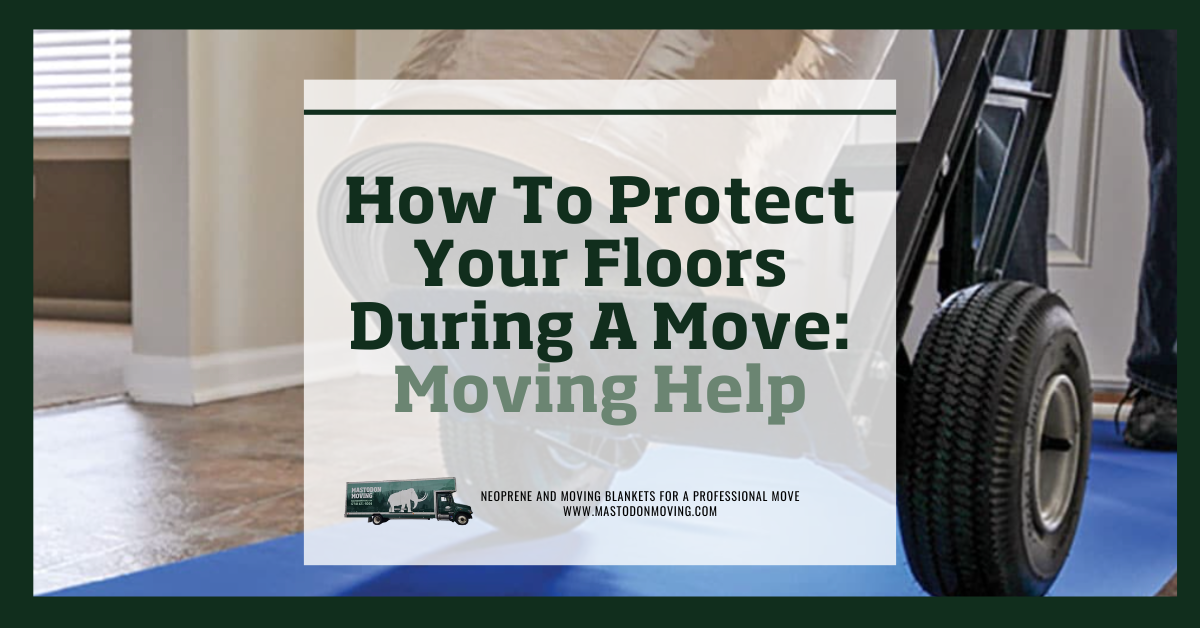
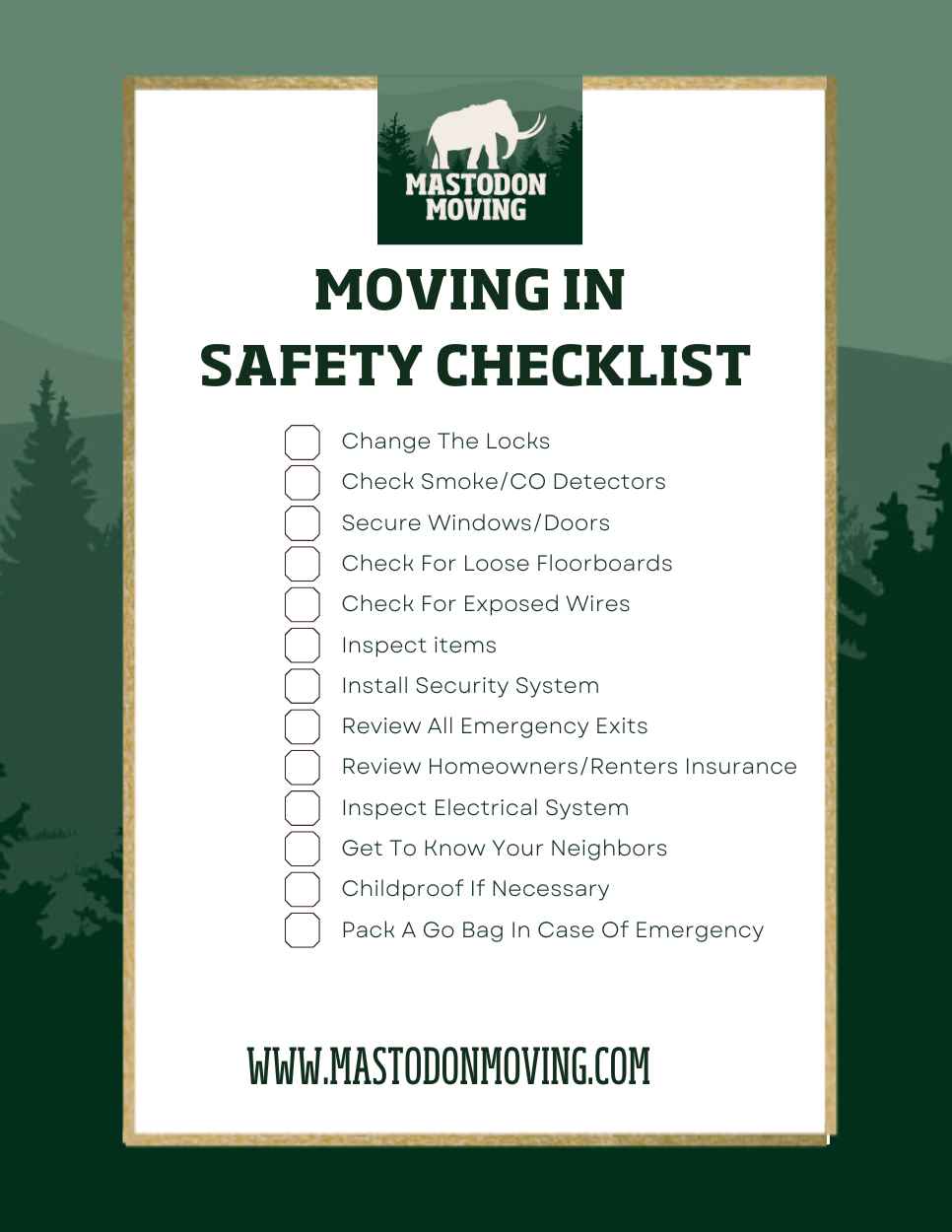
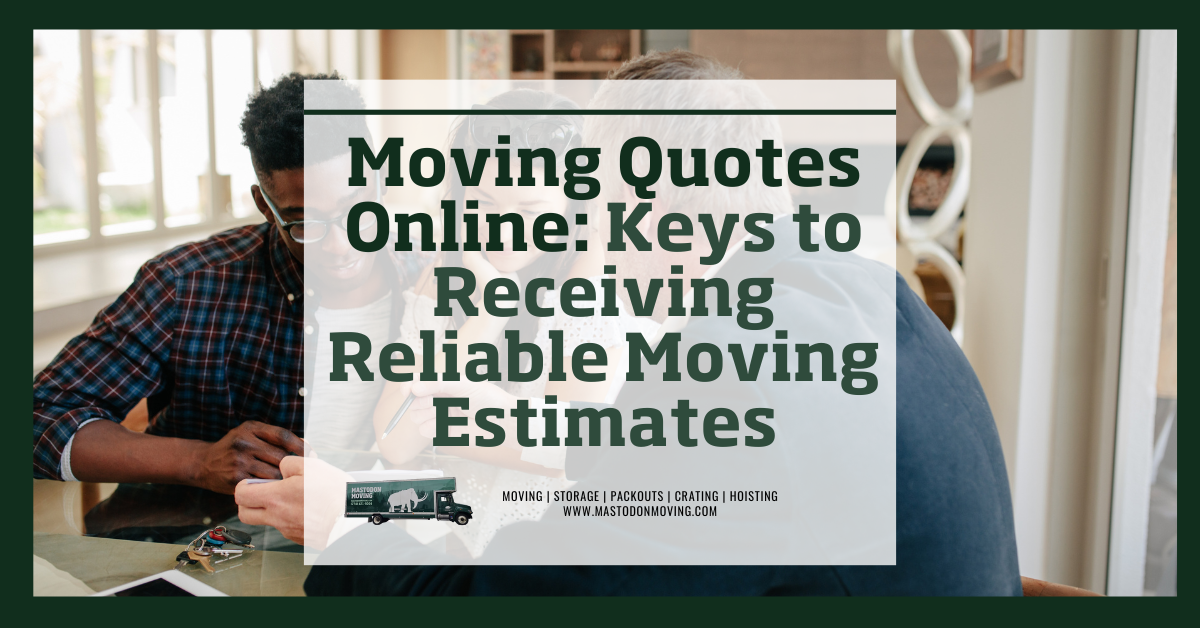
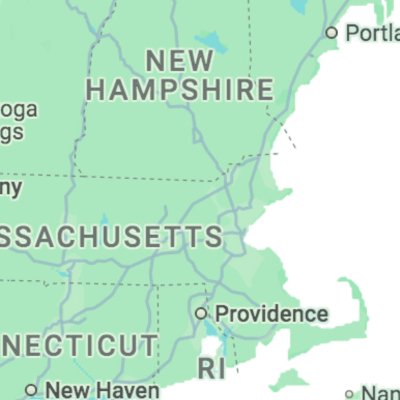
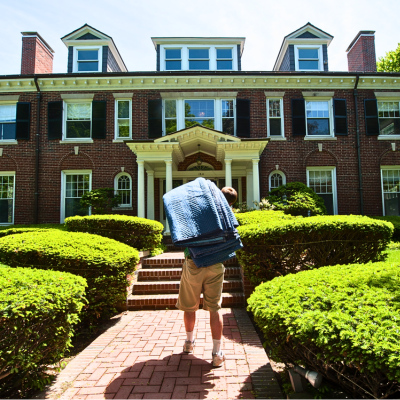
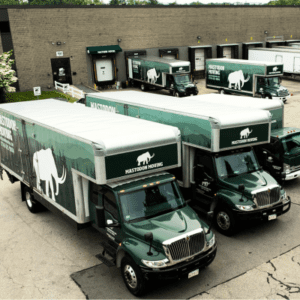


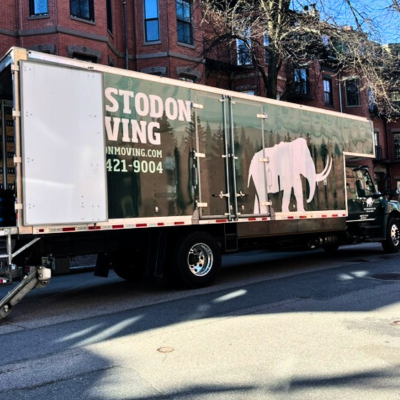
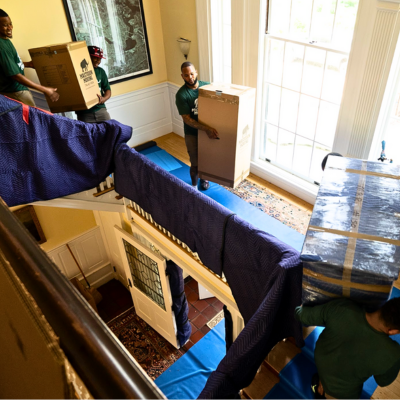
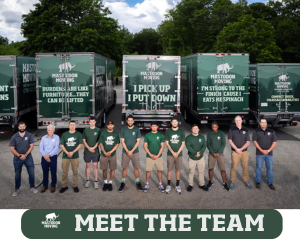
Recent Comments